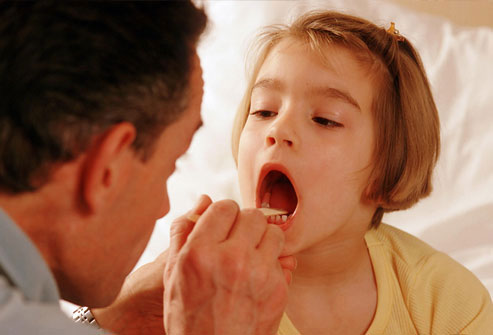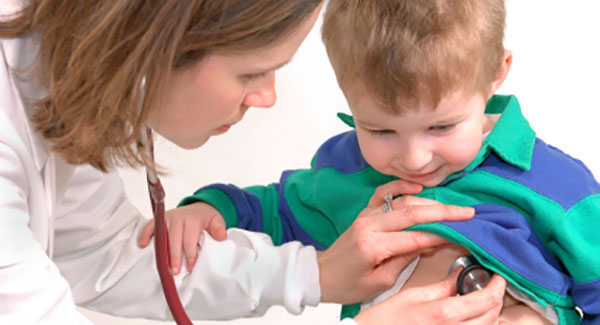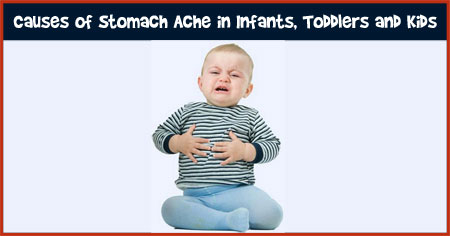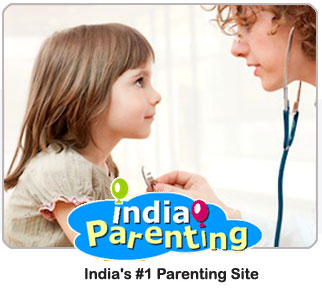
Food-borne illnesses turn out very serious if not attended on time. However, you can protect yourself and your kids if you are aware of the facts about common food-borne illnesses in kids.Food-borne illnesses are caused by foods or beverages that contain harmful bacteria. Most of these illnesses are acute and show symptoms suddenly. Often people recover on their own, but in serious conditions they even end up in emergency ward of hospitals.
Who Are at High Risk?
It is not that only children get infected by food-borne illnesses. Anyone can become the victim of
food-borne illnesses. However, people at high risk are:
- Infants and small children
- Pregnant women and their foetus
- Old people
- People who have just recovered from some illness
- People having weak immune system
Symptoms of Food-Borne Illnesses
- Diarrhoea
- Nausea
- Vomiting
- Dizziness
- Stomach ache
- Headache
- Fever
- Backache
- Fatigue
- Constipation
- Chills
- Blurred vision
Tips for Preventing Food-Borne Illnesses in Kids
Have a quick look at the tips for preventing food-borne illnesses in kids.
1. Check the Packet of Food Before Buying
No matter whether you are buying fresh fruits and vegetables or packed food, make sure you buy the freshest one. When buying packed food items do not forget to check the label of the packaging and make sure there is enough time for the expiry date. Some perishable food items are packed with the label, “use by” or “use before”. Make it certain that you use the food before the mentioned date.
Eggs should not be cracked when you buy and watch out for unacceptable odour or slipperiness when you buy fruits. Do not taste the fruit in the shop because harmful bacteria or germs may be present on them and would enter your body.
2. Wash Fruits and Vegetables Properly Before Using
Never give fruits or raw vegetables to kids for eating before washing them properly. There are some deadly germs that may enter into fruits and vegetables at the time of processing or packaging. Therefore, wash and scrub all fruits immediately after you bring them home. It is advisable to rewash them before using them so that you remove the germs and avoid illness.
3. Be Careful When Using Perishable Food
There are certain foods that you should be very careful about. Sprouts, raw eggs and juices or milk that are not pasteurized are among high risk foods. Food items that require refrigeration must be kept in fridge set at lower degrees immediately.
4. Cook Food Properly
Foods should be cooked properly and long enough so that the bacteria and germs, if present, get killed in the process. Reheat the leftovers for slightly longer time than you require so that you are sure that the food is consumable. Do not give leftover food to kids. Always give them freshly prepared foods to avoid food-borne illnesses.
5. Hot Foods Should be Kept Hot While Cold Ones Cold
It is very important that you store food as soon as possible after cooking. The food items that need to be kept hot should be kept hot and the food items that are recommended to be stored at lower temperature should be kept in fridge immediately.
6. Use Healthy Habits and Maintain Hygiene
Wash your hands before eating and make sure you teach your children to do the same every time they eat. It is recommended that one should wash hands at least for 20 seconds and by rubbing both palms against each other. Take care of the
cleanliness of the utensils and kitchen platform where you cook and keep food items aside.
How to Relieve the Symptoms of Food-Borne Illnesses in Kids?
Infants and children should be attended immediately after seeing one or more symptoms of food-borne illnesses. The first and most important thing is to prevent the infected child from dehydration. So, give oral rehydration solutions especially if the child is not showing symptoms of nausea. Offer food only when the child feels hungry. If the child is still an infant, you should continue giving breast milk or formula milk along with oral rehydration solutions.
When to Seek Medical Attention?
If the child is not able to take in anything, even water or rehydration solution, you should immediately rush to the hospital and get medical attention. Also, if the symptoms are seen in the child for long period of time you should consult a doctor.
The best thing to reduce the risks of food-borne
illnesses in kids is to practice food safety measures at home. Maintain personal as well as indoor cleanliness and keep your home and kitchen healthy and hygienically safe. Keep in mind the basic tips like washing, cooking and refrigerating food items and follow them daily. Cook all foods to proper temperature, wash raw fruits and vegetables, cook meat and poultry thoroughly and wash your hands frequently during the day.
Which are the common food-borne illnesses in kids? How to prevent food borne illnesses in kids? Which food safety measures should be taken by parents? Discuss here.






























